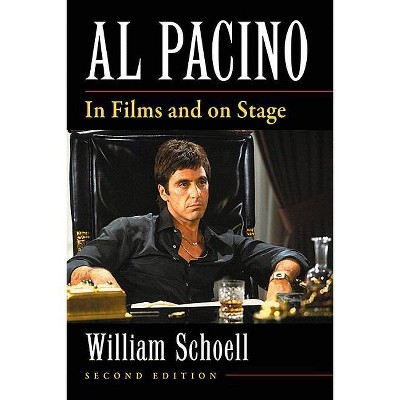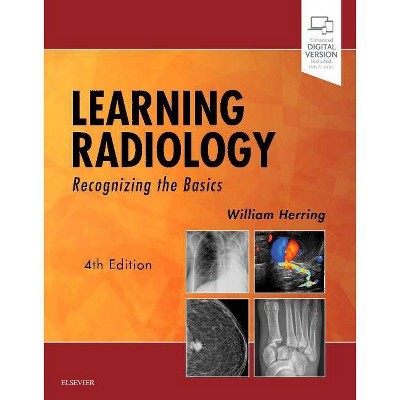Honest Graft - 2nd Edition by William L Riordon & Riordon (Paperback)
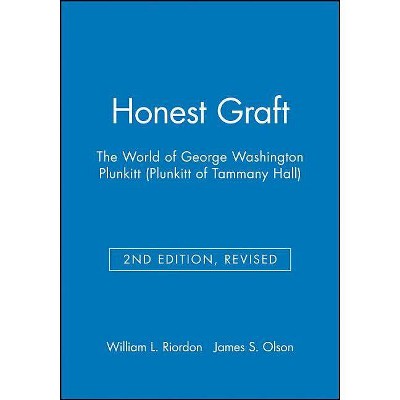
Similar Products
Products of same category from the store
AllProduct info
<p/><br></br><p><b> Book Synopsis </b></p></br></br>William L. Riordon's compiling and embroidering of Boss Plunkitt's boastful comments on machine politics constitutes a minor classic in American social history. in an introduction to this edition of the political boss's remarks, James S. Olson, chairman of the history department at Sam Houston State University, and James W. Mooney of American University engage in a provocative exchange over how the boss mentality as Plunkitt expressed it is to be judged. Thereby they complicate and enrich a reader's perception of the practical devices and ethical ambiguities of popular politics.<br /> <br /> "Tammany Hall was far more than a disinterested detached city government for several million poor, working-class New Yorkers. It was also a successful city government delivering municipal services, a social welfare agency assisting the immigrant poor and their children in adjusting to the new country, a political interest group giving working-class people at least a modest voice in an economic world increasingly dominated by rich corporations."<br /> --James S. Olson<br /> <br /> "In essence: the machine politicos, for all their genuine resonance with their constituencies, saw the average voter as a creature of appetite; the scientific progressives, for all their hauteur, expected something better of the public and were prepared to work for it."<br /> --James W. Mooney<p/><br></br><p><b> From the Back Cover </b></p></br></br>William L. Riordon's compiling and embroidering of Boss Plunkitt's boastful comments on machine politics constitutes a minor classic in American social history. in an introduction to this edition of the political boss's remarks, James S. Olson, chairman of the history department at Sam Houston State University, and James W. Mooney of American University engage in a provocative exchange over how the boss mentality as Plunkitt expressed it is to be judged. Thereby they complicate and enrich a reader's perception of the practical devices and ethical ambiguities of popular politics.<br /> <p>"Tammany Hall was far more than a disinterested detached city government for several million poor, working-class New Yorkers. It was also a successful city government delivering municipal services, a social welfare agency assisting the immigrant poor and their children in adjusting to the new country, a political interest group giving working-class people at least a modest voice in an economic world increasingly dominated by rich corporations."<br /> --James S. Olson<br /> </p> <p>"In essence: the machine politicos, for all their genuine resonance with their constituencies, saw the average voter as a creature of appetite; the scientific progressives, for all their hauteur, expected something better of the public and were prepared to work for it."<br /> --James W. Mooney</p><p/><br></br><p><b> About the Author </b></p></br></br><b>James S. Olson</b> is Distinguished Professor of History at Sam Houston State University. He is the recipient of the university's Excellence in Teaching Award and Excellence in Research Award. He is the author, co-author, editor, or co-editor of more than thirty books, including <i>The Ethnic Dimension in American Histor</i>y, Third Edition (Blackwell, 1999); <i>Catholic Immigrants in America</i> (1993); <i>Winning is the Only Thing: Sports in America Since 1945</i> (1989); and <i>John Wayne American</i> (1996), which won the Ray and Pat Brown National Book Award from the Popular Culture Association. His book <i>A Line in the Sand: The Alamo in Blood and Memory</i> (2001) won the Diolece Parmelee Award from the Texas Historical Foundation. Finally, his most recent book--<i>Bathsheba's Breast: Women, Cancer, and History</i> (2002)--was nominated by The Johns Hopkins University Press for the Pulitzer Prize in History, won the History of Science Category Award from the Association of American Publishers, and was recognized by the <i>Los Angeles Times</i> as one of the best non-fiction books in America for 2002.
Price History
Price Archive shows prices from various stores, lets you see history and find the cheapest. There is no actual sale on the website. For all support, inquiry and suggestion messagescommunication@pricearchive.us
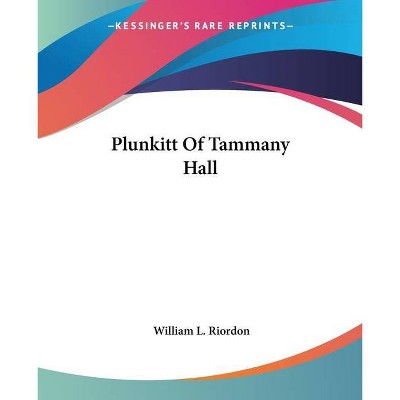


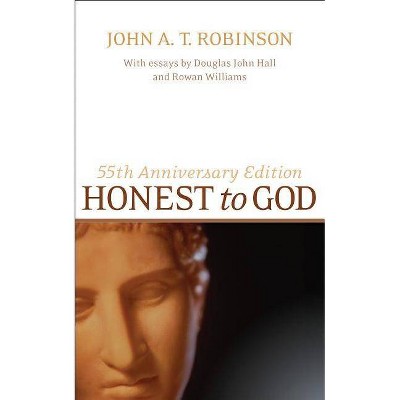

![Future - Honest (Deluxe Edition) [Explicit Lyrics] (CD)](https://target.scene7.com/is/image/Target/GUEST_b505f1b2-0a8d-45ef-b51e-0ab2e9cfd471)

